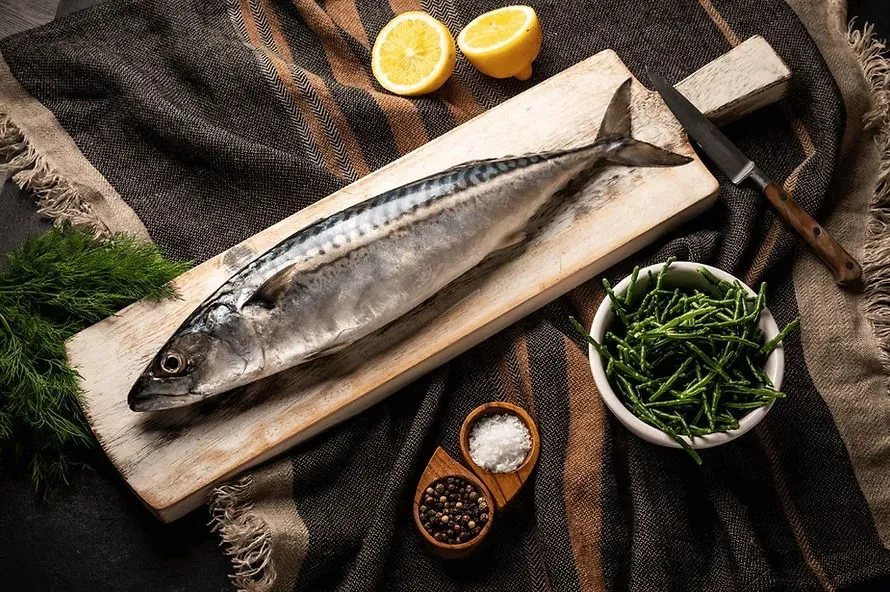Vitamin D is essential for your overall health. It helps your body absorb calcium, which strengthens bones, supports proper muscle movement, and plays an important role in your immune system. While sunlight is the main natural source of vitamin D, your diet becomes extra important during colder seasons or if you spend less time outdoors.

Top Vitamin D-Rich Foods for Your Diet
Here are some of the best natural and fortified foods that can help you maintain healthy vitamin D levels:
1. Wild Salmon: A Nutrition Powerhouse
Wild salmon is one of the richest dietary sources of vitamin D. Just 100 grams (about 3.5 ounces) can deliver more than the recommended daily allowance, providing upwards of 15 to 20 micrograms (600–800 IU) of vitamin D. Eating wild salmon baked, grilled, or even in sushi can help you reach your vitamin D goals with flavor and versatility.
2. Herring and Mackerel: Oily Fish with a Punch
These oily fish are loaded with heart-healthy omega-3s and vitamin D—providing up to 20 micrograms per 100 grams. Both herring and mackerel can be enjoyed fresh, smoked, or pickled, making them a convenient choice for meals and snacks alike. Not only do they boost vitamin D, but they also support cardiovascular health.
3. Cod Liver Oil: A Classic Supplement
Cod liver oil is a traditional supplement packed with vitamin D. Just one tablespoon offers about 34 micrograms (1,360 IU) of vitamin D, making it a quick way to ensure your daily requirements are met, especially in populations at risk for deficiency. While its taste may not appeal to everyone, it can be consumed in capsule form or mixed into smoothies.
4. Egg Yolks: A Simple Addition to Meals
Egg yolks offer a plant-free, flexible way to get vitamin D into your diet. The vitamin D content can vary depending on how the hens are raised, with free-range or pasture-raised eggs typically containing higher levels. Enjoy eggs poached, scrambled, or boiled for a nutrient-packed meal.
5. Fortified Foods: A Modern Solution
Because natural sources of vitamin D are limited, many countries have introduced fortification programs. Common fortified foods include milk, orange juice, cereals, and plant-based milk alternatives such as soy or oat milk. Check food labels to see the exact amount of vitamin D, as it can differ from brand to brand.
6. Mushrooms: The Vegan-Friendly Option
Certain mushrooms, especially those exposed to ultraviolet (UV) light, are capable of producing vitamin D. Varieties like maitake and UV-treated portobello mushrooms can be a valuable option for people seeking plant-based sources. Add them to salads, soups, or stir-fries to naturally increase your intake.
Why Vitamin D Matters for You
Keeping your vitamin D levels adequate is crucial for bone density, muscle performance, and immune resilience. This is even more important for individuals at higher risk of deficiency, such as older adults, those with darker skin, or anyone with limited sun exposure.
Incorporating these foods into your daily meals is a natural way to support strong bones, healthy muscles, and a resilient immune system—especially when sunlight is scarce. By making small changes to your daily meals and snacks, you can ensure you are supporting your bones, muscles, and immune system with the right amount of vitamin D—no matter the season.
If you suspect you're not getting enough vitamin D, consider speaking with a healthcare professional about supplementation and routine testing to maintain optimal health year-round.


